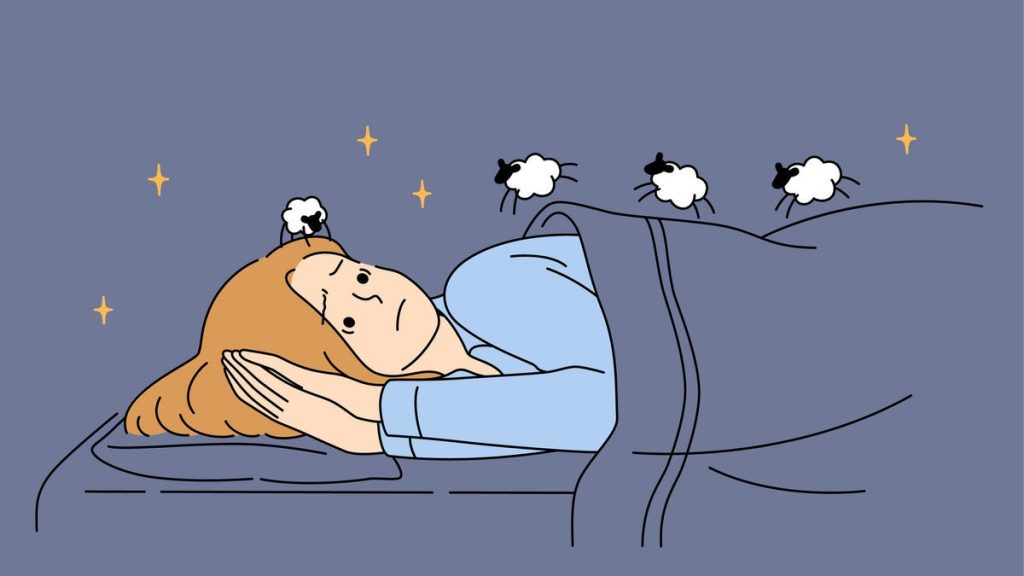Between 50 and 70 million Americans struggle to get enough quality sleep, which can lead to various health issues such as elevated blood pressure, Type-2 diabetes, and difficulties in managing emotions. Many people have tried different sleep hacks, including the trendy cognitive shuffling method. Cognitive shuffling is a cognitive behavioral therapy developed by Luc P. Beaudoin, aimed at disrupting thought patterns by focusing on words, phrases, or images to help relax the mind and distract it from anxiety-inducing thoughts. This method is gaining popularity, especially on platforms like TikTok.
To try cognitive shuffling for yourself, start by focusing on a word at least five letters long that does not hold any emotional value to you, such as “bobber”. Then, find words starting with each letter of the chosen word, spelling them out slowly while visualizing them. Another approach is to let your mind drift and create imagery with random words, or focus on a word while syncing it with your heartbeat and thinking of another word on each beat. The key is to keep things random to help reset your mind and channel its focus away from anxiety-inducing thoughts.
People who have experienced sleep problems and tried cognitive shuffling have reported successful outcomes. Some have found it to be the only method that effectively distracts their brains and allows them to fall asleep. Dr. Scott Walker, a dermatologist, shared on TikTok that cognitive shuffling was a game-changer for him, comparing it to shuffling a deck of cards and creating micro dreams that help the brain transition into sleep. This practice has been beneficial for many individuals, including doctors, in helping them relax and fall asleep faster.
Struggling to fall asleep is a common issue, and the cognitive shuffle method may be a helpful solution. By focusing on random objects and letters, this technique triggers a process similar to micro dreams, assisting the mind in transitioning to sleep. Many individuals have found success with cognitive shuffling, as it allows the brain to shift its focus away from anxious thoughts and distractions, leading to a quicker and more restful sleep. So, if you have difficulty falling asleep, it may be worth giving the cognitive shuffle a try to see if it works for you as well.


